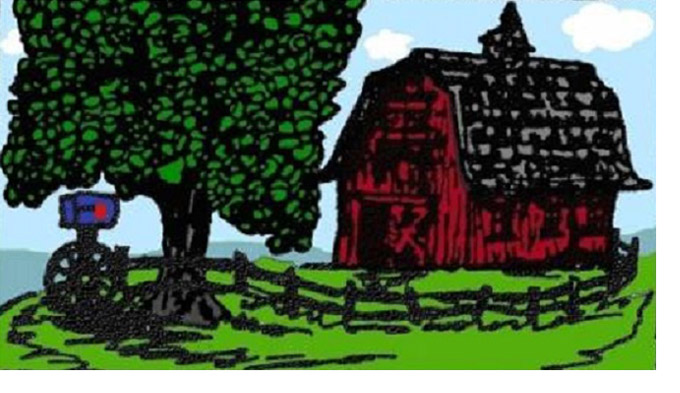DuPage Forest Preserve News Release
Why You May See More Coyotes in Winter
(Nov. 1, 2021) — DuPage County residents might see more coyotes between now and February as young coyotes leave their parents in search of mates and territories to call their own, according to the Forest Preserve District of DuPage County.
People may also see coyotes more frequently in winter because there’s less vegetation, which means the animals have fewer places to hide. Snow on the ground makes them easier to spot, too. Coyotes are also more active because they have to spend more time foraging for food. A rise in sightings doesn’t necessarily mean a rise in the county’s coyote population, though.
Still, because of this seasonal increase in activity, people with pets should be especially vigilant.
“Follow forest preserve regulations and keep your pet leashed when you’re in a preserve,” Thompson said. “It’s smart to stay with your dog and keep it on a leash in your backyard, too. It’s uncommon, but coyotes can target dogs, not necessarily for food but to eliminate animals they think they are competing with for their territory.
“It’s understandable that a dog will claim its yard as its own territory, but coyotes don’t see property lines and frequently live in subdivisions, claiming many yards as part of their own territories,” Thompson said. “They may coexist with dogs, but if your dog barks vigorously and chases coyotes, it is essentially challenging them to a fight.”
“Even if you don’t see coyotes in your neighborhood, they are still present,” Thompson said. “Please do not let your dog out unattended; stay with your dog, and keep it on a controlled leash. By following these tips and suggestions, we can peacefully coexist.”
A hungry coyote is going to be more interested in unsecured garbage cans, pet food, open compost piles, bird feeders, or fallen fruit under trees and shrubs,” Thompson said.
Keeping yards clean can limit these attractions. People should never feed coyotes, either, as it leads them to expect food from rather than fear humans.
“Coyotes are smart animals that adapt quickly to changes in their environment and can learn new behaviors based on our activities,” said Stephanie Touzalin, education specialist at Willowbrook Wildlife Center in Glen Ellyn. “The higher concentration of resources in more urban areas makes them very successful, and they hold smaller territories than their rural counterparts. That means any available space for a coyote to find a home in this region is already filled.”
Coyotes play a vital role in the ecological community, keeping populations of small animals and rodents in check in DuPage ecosystems. Visit dupageforest.org for more information on coyotes, living with coyotes and keeping pets safe from coyotes.
